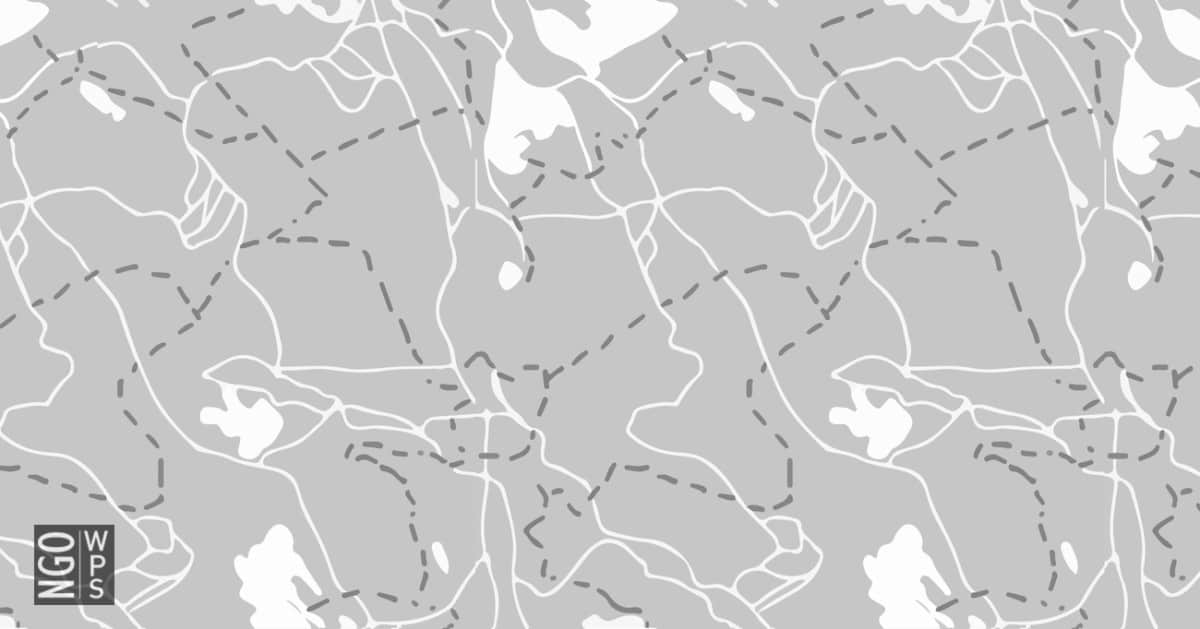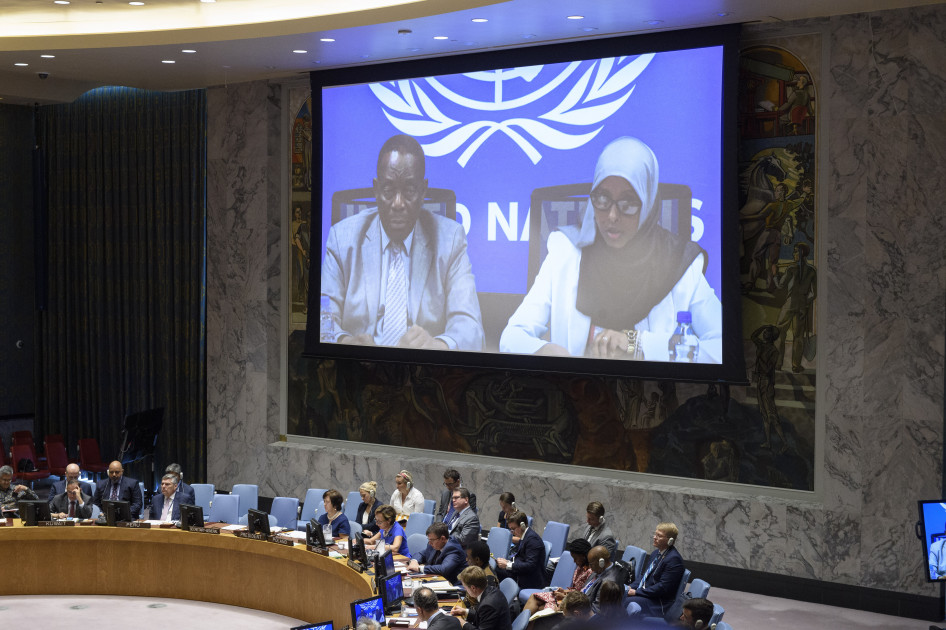Somalia
Somalia’s long-running armed conflict has been characterized by extremism, sectarian political violence, complex humanitarian crises, and piracy, and women have been disproportionately at risk of death and as targets of sexual and gender-based violence and displacement.
Based on the work of NGOWG members and their partners, the NGOWG advocates for women’s political participation, women’s meaningful and active participation in design and implementation of humanitarian responses, and strengthened mechanisms to prevent and respond to sexual and gender based violence.
Somalia
Somalia’s long-running armed conflict has been characterized by extremism, sectarian political violence, complex humanitarian crises, and piracy. Women have been disproportionately at risk of death, and as targets of sexual and gender-based violence and displacement.
Based on the work of NGOWG members and their partners, the NGOWG advocates for women’s political participation, women’s meaningful and active participation in design and implementation of humanitarian responses, and strengthened mechanisms to prevent and respond to sexual and gender based violence.
Current and Past Recommendations to the UN Security Council (Monthly Action Points)
In discussing the expected reports from the African Union and the Secretary-General on the mission in Somalia (AMISOM), the SC should call on all armed actors to comply with international humanitarian law, and protect civilians, including women.The Council should inquire into women’s full participation in all efforts to find a political solution to the ongoing armed violence, and how a future UN presence would support such activities; and should follow-up on the establishment of a gender unit within the Somali Police Force. The monitoring group’s midterm briefing should include information on individuals or groups intentionally targeting civilians, including women, and recommend action as per SCR 2002 (OP 1).
Relevant Resources









